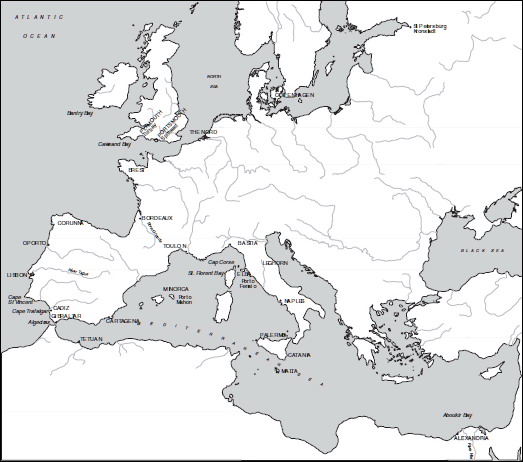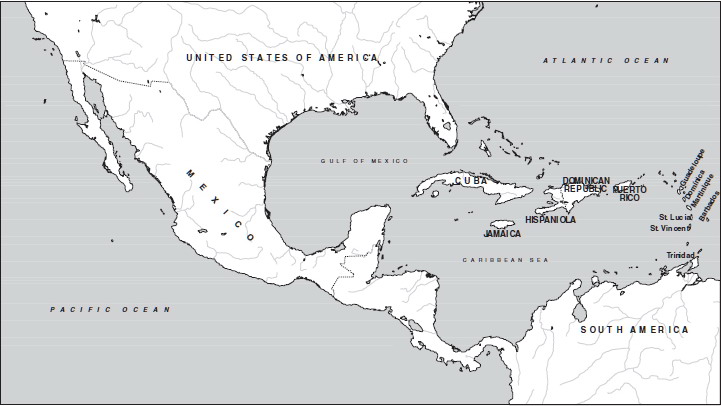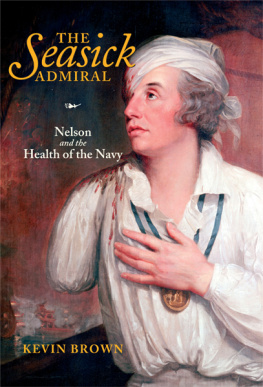First published in Great Britain in 2006 by
Pen & Sword Maritime
an imprint of
Pen & Sword Books Ltd
47 Church Street
Barnsley
South Yorkshire
S70 2AS
Copyright James D.G. Davidson
ISBN 1 84415 386 x
978 1 84415 386 2
ISBN 9781844681846 (epub)
ISBN 9781844681853 (prc)
The right of James D.G. Davidson to be identified as Author of
this Work has been asserted by him in accordance with the
Copyright, Designs and Patents Act 1988.
A CIP catalogue record for this book is
available from the British Library.
All rights reserved. No part of this book may be reproduced or
transmitted in any form or by any means, electronic or mechanical
including photocopying, recording or by any information storage and
retrieval system, without permission from the Publisher in writing.
Typeset in 11/13 Sabon by
Phoenix Typesetting, Auldgirth, Dumfriesshire
Printed and bound in England by
CPI UK
Pen & Sword Books Ltd incorporates the imprints of Pen & Sword
Aviation, Pen & Sword Maritime, Pen & Sword Military, Wharncliffe
Local History, Pen & Sword Select, Pen & Sword Military Classics
and Leo Cooper.
For a complete list of Pen & Sword titles please contact
PEN & SWORD BOOKS LIMITED
47 Church Street, Barnsley, South Yorkshire, S70 2AS, England
E-mail:
Website: www.pen-and-sword.co.uk
To all those whose courage and hard work
have enabled others to prosper or even
to achieve celebrity.
Contents


Introduction
It would be difficult to find a greater contrast between two men, successful in the same chosen profession, than between Admiral of the Fleet Lord St Vincent (17351823) and Vice Admiral Lord Nelson (17581805). Both were men of outstanding courage, professional competence and endurance, but there the similarity ends. The former was stocky, tough, unemotional, but capable of both explosive temper and wry humour; the latter slim, wiry, charismatic, but vain and mercurial. Their relationship at the professional level was almost symbiotic: St Vincent, the master strategist and ruthless reformer; Nelson, the brilliant tactician and polished diplomat. Their personal relationship was more like that between father and a favourite but wayward son than between flag officers senior and subordinate in the Royal Navy.
Neither St Vincent nor Nelson grew up in naval families, although both had naval relatives on the maternal side. Horatio Nelson was the son of a Norfolk parson. St Vincent was born John Jervis on 20 January 1735 at Meaford in the English shire of Stafford, the second son of Swynfen and Elizabeth Jervis. In later life he liked to claim that his youth was spent in straitened circumstances, and that he rose to eminence without family influence or any hint of nepotism. However, without detracting from his outstanding qualities, the facts would indicate otherwise. The Jervis family had long been established in Staffordshire and were known as the Jervis's of Stone. Stone is a market town on the River Trent, 7 miles north of Stafford. It is distinguished by a priory and has a history of manufacturing ceramics, glass and footwear, and of brewing beer. The canal which links the Trent with the Mersey and Grand Union canals skirts the brewery walls. The canal was once important commercially but in the twenty-first century it is now mainly used by pleasure craft.
Meaford, the property of Swynfen Jervis, was a small country estate situated in the fertile, well-wooded, arable countryside to the north-east of the town. The manor house of Meaford Hall had substantial outbuildings to house coaches, horses and the other appurtenances of a small landowner. John Jervis may have grown up in a climate of thrift and economy, but not of poverty and hardship. However, the habit of thrift and economy, and an aversion to waste, remained with him throughout life.
John Jervis' father was a successful barrister as well as a small-scale landowner. His mother, Elizabeth, was daughter of George Parker of Park Hall in the same county, and sister of Thomas, who was to be knighted as Lord Chief Baron of the Exchequer. Elizabeth was a careful housewife with social ambitions for her two sons and two daughters. She was a cousin of the renowned circumnavigator of the world, Admiral Lord Anson who also hailed from the area.
It is not clear why John was sent for his early education to the grammar school in Burton on Trent, 25 miles away. Grammar schools provided arguably the best education in England, and one had been established in Stone itself for nearly 200 years. Perhaps the Jervis family did not respect the head teacher of the Stone grammar school, or perhaps, as the most promising of four children and destined for the legal profession, his parents decided it was worth the expense of boarding young John in Burton on Trent to enable him to attend a better school; it was certainly too far away for daily travel. This decision must have affected the youngster profoundly. Residence as a weekly boarder at some distance from home may well have inured the boy to homesickness, while simultaneously encouraging independence and self-sufficiency at the expense of sensitivity and tolerance. It also left him open to the radical influence of the family's coachman, Pinkthorne, during the long weekend drives back and forth between Burton on Trent and Stone. It is on record that Pinkthorne considered all lawyers to be rogues and all sailors to be heroes.
It is perhaps significant that John Jervis was attending the grammar school in Burton on Trent at the time of the Jacobite uprising in 1745. At the beginning of December, when the army of Prince Charles Edward Stuart reached Derby, there must have been consternation in the nearby towns and villages, including Burton on Trent just 10 miles down the road south-west of Derby; there was near panic in London, 130 miles away. The atmosphere in the school must have been apprehensive, to say the least, for the Highlanders had been depicted as wild savages. Many, perhaps most, English people, regarded the Jacobites as a Scottish army attacking England and overlooked the reality: that it was an army comprised mainly of Catholics and Episcopalians from the Highlands and the North-East, with some Irish and a few English, opposed by Protestants, both English and Scots. Luckily for the residents of Burton on Trent and other nearby towns and villages, Prince Charlie's general, Lord George Murray, decided to retreat. Nevertheless, the events of December 1745 must have left a deep impression on a ten-year-old boy, cut off from his family at a school 25 miles from his home.
However, life was about to change dramatically for John Jervis. When he was twelve years old his father was appointed an Admiralty solicitor, and Treasurer of that prestigious naval establishment, Greenwich Hospital, once a royal palace and favourite residence of King Henry VIII, but adapted to accommodate naval pensioners at the time of Swynfen Jervis' appointment. The boy was moved to a private school in Greenwich, Swindell's Academy, the same school attended by James Wolfe who, twelve years later, would command the troops which would storm the Heights of Abraham and defeat the French on the Plains of Quebec. James Wolfe was eight years older than John Jervis so they could hardly have met at school, but they were to be closely associated in Canada. The fascinating career of the future Lord St Vincent would take him to both sides of the Atlantic, and from the Mediterranean to the Caribbean, but he would never see the other half of the world west of North America and east of the Adriatic he was destined to play a leading role in the wars to curb the ambitions of Napoleon.
Next page










